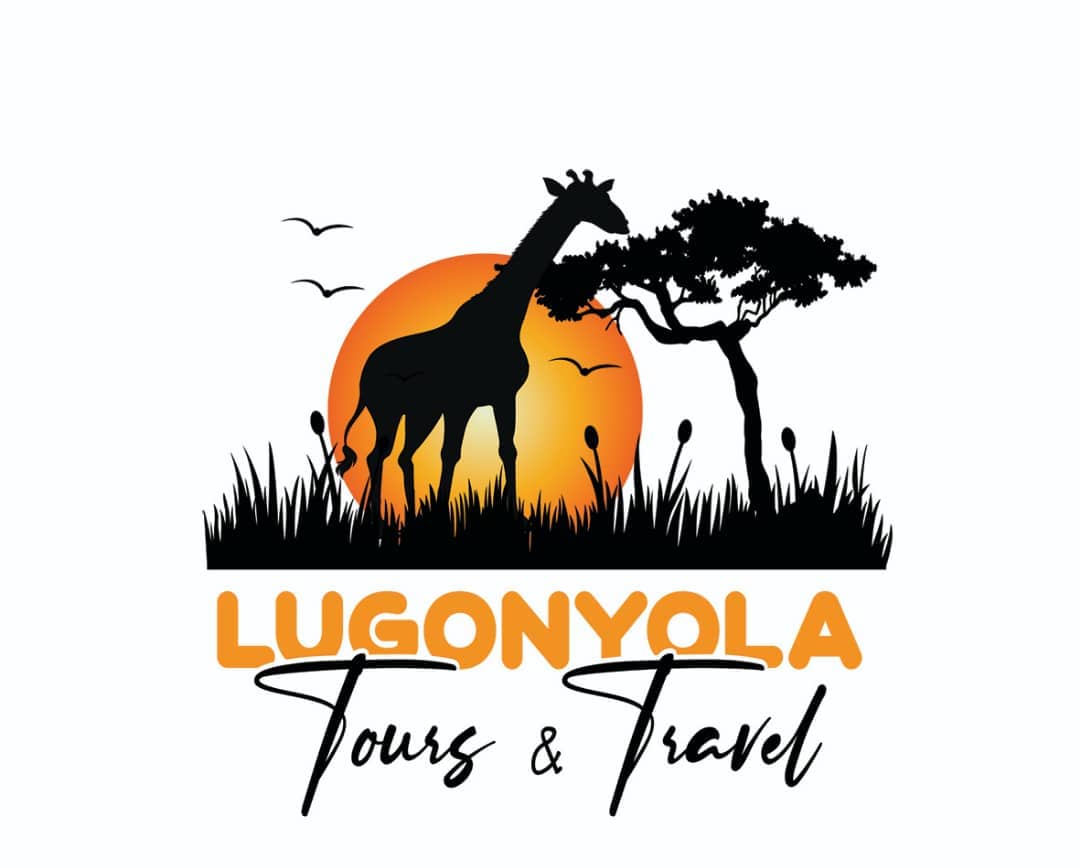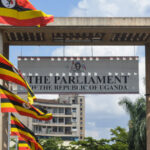For three decades, Dr. Gladys Kalema-Zikusoka has dedicated her life to conserving Uganda’s endangered mountain gorillas, transforming Bwindi Impenetrable National Park into a global conservation success story.
It all started in 1994 when the young veterinary graduate from London’s Royal Veterinary College made her first trek into the dense forest of Bwindi. After days of waiting at base camp with a cold, Kalema-Zikusoka finally ventured into the jungle. There, she encountered Kacupira, a majestic silverback gorilla. As she gazed into his intelligent brown eyes, she felt an unspoken connection — a moment that would shape her future.
A journey of dedication
That summer placement turned into a lifelong mission. In 1996, Kalema-Zikusoka became Uganda’s first wildlife veterinarian. At the time, Bwindi’s gorilla population had dwindled to fewer than 300 individuals. Today, thanks to her relentless efforts, that number has risen to 459, and the subspecies is no longer classified as critically endangered.
But the journey was not without challenges. Less than a year into her work, an outbreak of a mysterious skin disease threatened the gorillas. After consulting with a medical expert, Kalema-Zikusoka identified it as scabies, transmitted from local communities living near the park. Realizing that gorilla health could not be safeguarded without protecting human health, she founded Conservation Through Public Health (CTPH) in 2003.

Bridging conservation and community
Through CTPH, Kalema-Zikusoka implemented a “one health” approach improving healthcare for human communities while conserving wildlife. The organization has worked with around 10,000 households to promote hygiene and reduce disease transmission. Trained local farmers now help safely herd wandering gorillas back to the forest, while village health teams educate families on disease prevention.
The positive impact has been profound. Not only has the gorilla population grown, but tourism has also surged. Bwindi now attracts nearly 39,000 tourists annually, compared to just 1,300 in 1993. The tourism boom has brought jobs, infrastructure, and income to the surrounding communities, helping to reduce poaching and foster pride in conservation.
From loss to legacy
Kalema-Zikusoka’s passion for wildlife is rooted in personal loss. Her father, a government minister, was abducted and killed during Idi Amin’s brutal regime in the 1970s. Growing up amid political turmoil, she found solace in caring for animals, nurturing a dream to restore Uganda’s wildlife.
Her efforts have earned her international acclaim, including the Whitley Gold Award (2009), Leopold Award (2020), and Tällberg-SNF-Eliasson Global Leadership Prize (2022). Today, new gorilla births in Bwindi symbolize hope — a testament to Kalema-Zikusoka’s enduring commitment to conservation.

As Uganda’s mountain gorillas thrive, so do the communities living alongside them, proving that protecting wildlife and empowering people can go hand in hand.








